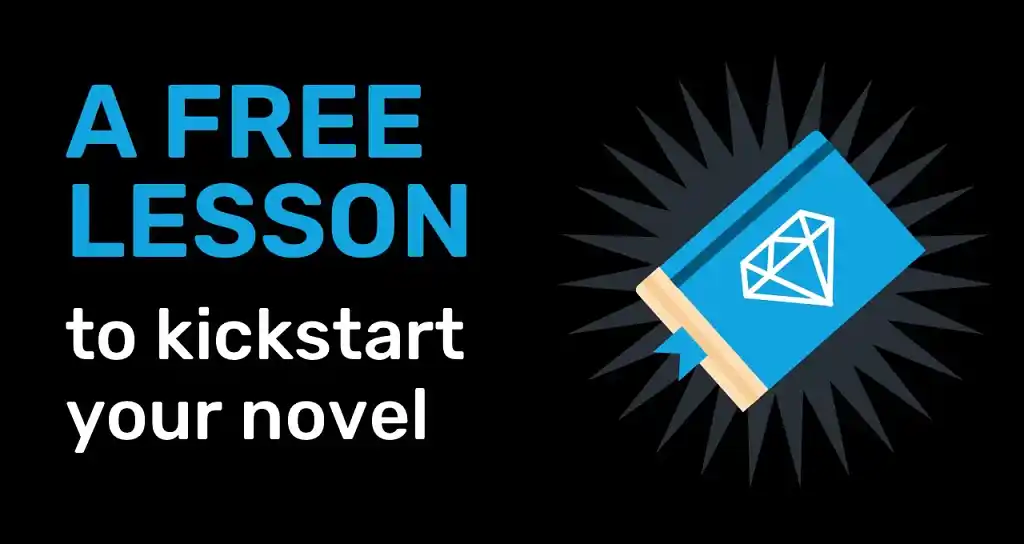I routinely edit manuscripts for fiction writers of all genres. When I read their material, I repeatedly see the same technical errors and problematic prose, all of which are easily preventable. Before you send that new short story off on submission or ask a friend to critique your novel, take each page and read it through carefully while following the steps below. Yes, this editing will take a while, but good writing only becomes great writing by investing your time and energy into improving it. And when you're done, your work will really sing.
1) Eliminate Filter Words
“Julie looked out the window and saw a small dog. She realized that the sight of it made her feel happy.” Examine every paragraph and cut these types of filtering words out of your writing. Consider instead: “A small dog appeared outside Julie’s window and she swelled with happiness.” Not the most eloquent revision, but still much better than the first version. An even better change would be to add a physical reaction that shows her emotional reaction. Cutting most of these types of filters out of your work will improve it dramatically. A great article on how to identify and eliminate filter words can be found here.
2) Eliminate Filler Actions
“Jim turned to Sally and smiled. She nodded and then sighed.” In a weak manuscript, characters are constantly smiling, nodding, sighing and turning toward things in order to break up dialogue. Most times, it adds absolutely nothing to the piece. Use the find-and-replace function in your writing program to search for each of the above actions and either replace them with a unique physical gesture that adds something worthwhile to the scene, or simply eliminate them all together. Watch people across the room when they talk, or turn off the volume on your television to observe physical action in conversations. There is a lot more subtle action happening than just smiling and nodding.
3) Stop Starting and Beginning
“He started to clean his gun while she began to look for ammo.” Stop having characters start or begin to do things in your writing. Just do them. "He cleaned his gun while she looked for ammo." See what I mean? 'Starting' or 'beginning' is usually unnecessary. Find any use of the words ‘starting’ or ‘beginning’ in your story and eliminate them, unless the action being performed is delayed in starting, or interrupted somehow. For example, “Jimmy started loading the wagon, but Maria drove away before he could finish the job.” A great article for identifying and eliminating the 'start/begin' problem can be found here.
4) Eliminate Repeated Words
My friend recently read my novel manuscript and asked why I referred to nostrils so often. After a 'find-and-replace' search, it was clear that I had subconsciously been using the word too much. Flaring nostrils, blood oozing from nostrils, inhaling through nostrils. Sounds weird, I know, but writers have a tendency to lock onto certain words and repeat them without realizing it. For example, if you're writing a story set in the winter at night, check how many times you use 'snow' or 'darkness' throughout. Any time you catch yourself using a word twice in a page, check the rest of the document and you may find a few more. Scrivener makes it even easier to do this with its Text Statistics function which shows you a chart of how often every word in your manuscript is used.
5) Analyze Each Verb
Examine each verb and ask yourself, “Is this the right verb for this sentence?” Many times we describe an action thinking we know exactly what a certain verb means, but end up getting it wrong. When our character ambles across the parking lot, do we mean that she ‘walks without a particular route in mind’ or that she is walking ‘at a slow or relaxed pace’. The former is ramble, and the latter is amble. And remember, a thesaurus doesn’t always provide you with exact synonyms, so always check the definition of the replacement verb to make sure the meaning fits the sentence. Also, writers often use a verb that is dull and lifeless instead of a more interesting one. Why write, ‘She took the books from his hand and put them on the table’, when we can write, ‘She snatched the books from his hand and slammed them on the table’ or 'She slipped the books from his hand and deposited them on the table'. The latter provides a clearer and more engaging visual of the action you’re describing.
6) Submerging the I or Killing the S/he
If you're writing in first person, read Chuck Palahniuk’s article on Submerging the I. Then attack your story and remove as many I's as possible. If you're writing in third person, avoid falling into the trap of having every other sentence start with he or she. Restructure your sentences to break things up and avoid repetition. If you've got three 'he' sentences in a row, readers will notice.
7) Eliminate Pet Words
This one can be tricky to catch without a fresh set of eyes to edit your piece. We all have our pet words that sneak into our work and often we don't even notice them. They're the little insignificant words that slip into our sentences but aren't really necessary. Just is a great example. "He just laid there without moving." Does that sentence need the word just? Maybe, maybe not. But if you've got three instances of just on every page, then you've got yourself a pet word. Other prime suspects are seemed, still, even, almost, and ever. Find them and get rid of them when they aren't necessary.
8) Cut Subtle Redundancies
"She sat down, then stood up and waved her hand while she blinked her eyes." Your writing should be lean and mean. Cut anything that isn't truly needed to get the point across. Go through each page and cut these types of redundancies. Then go through again and cut anything where you're telling the reader something that is obvious from the situation. "Julia was enraged at the decision. She screamed at Michael, then trashed her apartment." Her actions show us she's enraged, so you don't need to tell us beforehand.
9) Eliminate Hyper-Description of Action
"Jim walked across the room and reached for the brass doorknob with his left hand. He turned it and pulled the door toward himself. Then he walked through into the adjoining room." I'm not kidding. I see this type of thing. You can say what you need to say in six words: "Jim walked into the next room." The worst culprit is when characters are traveling somewhere and the writer feels compelled to describe every turn in the journey like a robot voice from Google Maps. Just cut ahead to when they get there already!
10) Read It Aloud
The whole thing, not just the dialogue. Pretend you're standing at a podium in front of a crowd at your first major appearance after your piece has been published and belt it out. If there are any alliterations, or odd word combinations or awkward phrases that might trip up the reader, this is how you'll catch them. And sometimes you'll notice that certain sentences sound odd or don't feel right. This is the last step before you fire it off in an email.
Take your time for each step and really tighten up whatever your working on. Good luck and happy editing!

About the author
Repo Kempt has worked as a criminal lawyer in the Canadian Arctic for over ten years. He is the author of a book about seal hunting, a member of the Horror Writers Association, and a guest columnist for the Canadian Broadcasting Corporation. He lives on a cricket farm with his wife, Joy and his little dog, Galactus. In his spare time, he looks for an agent for his latest manuscript.







